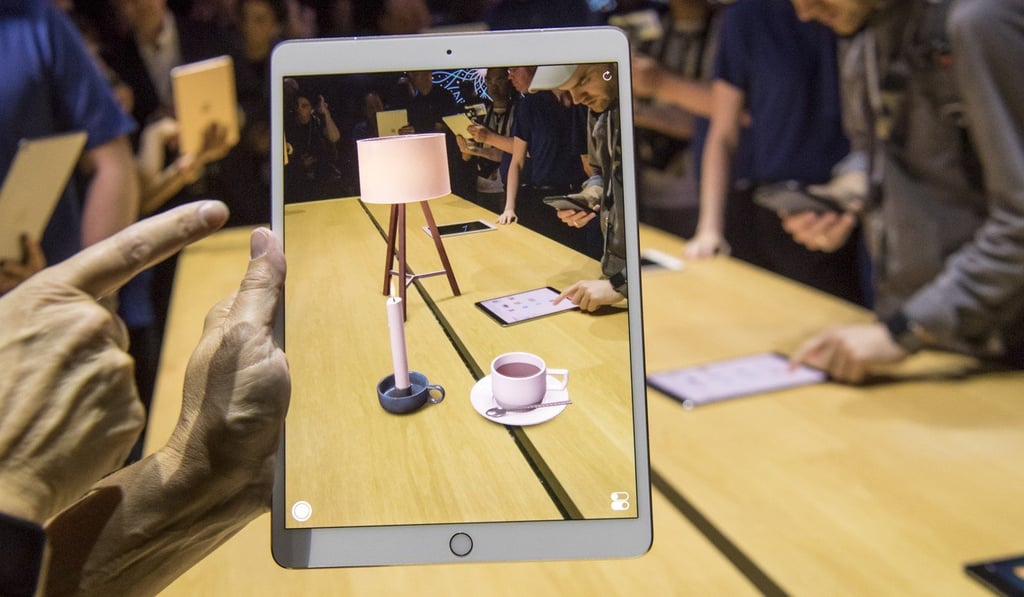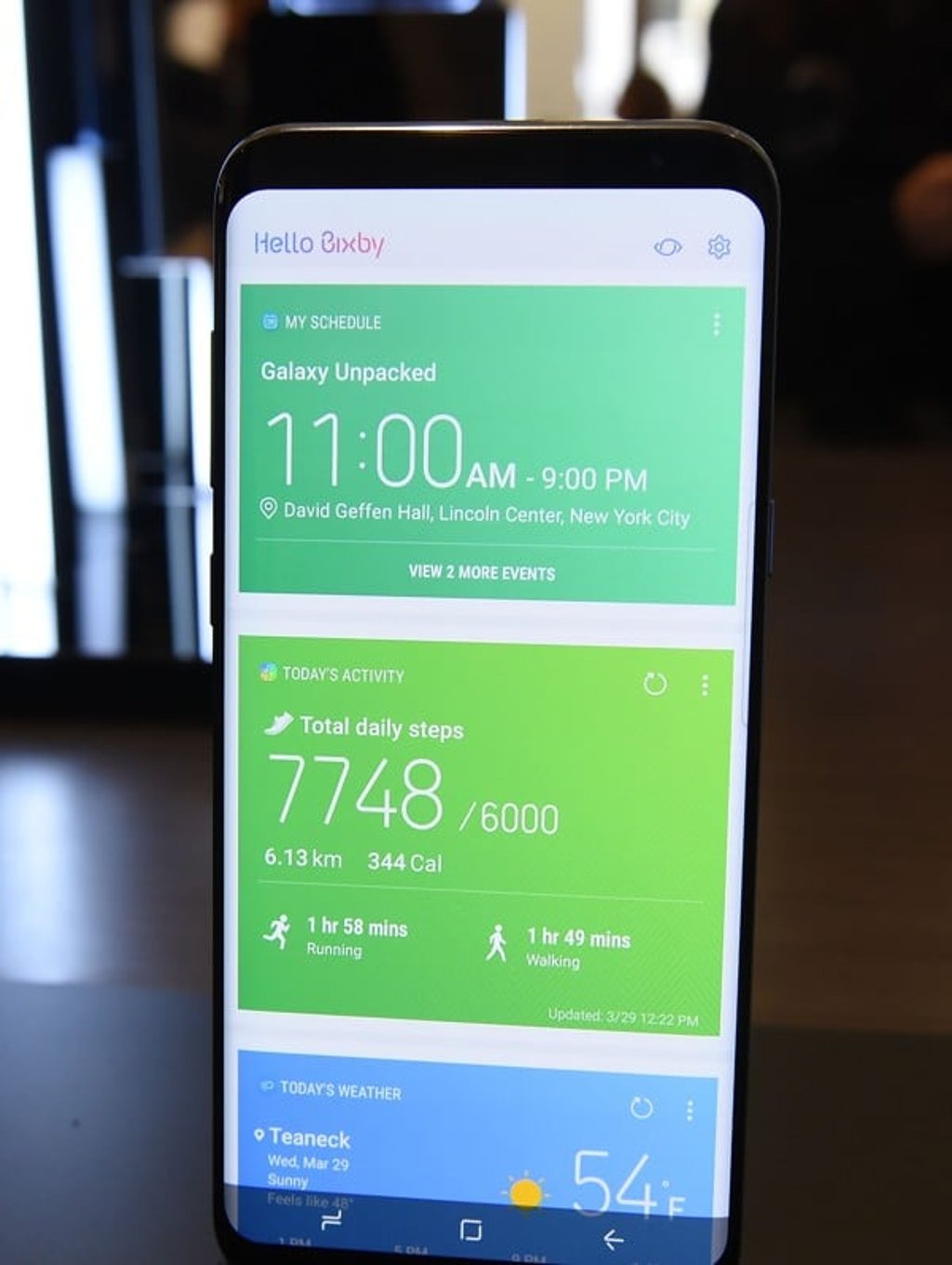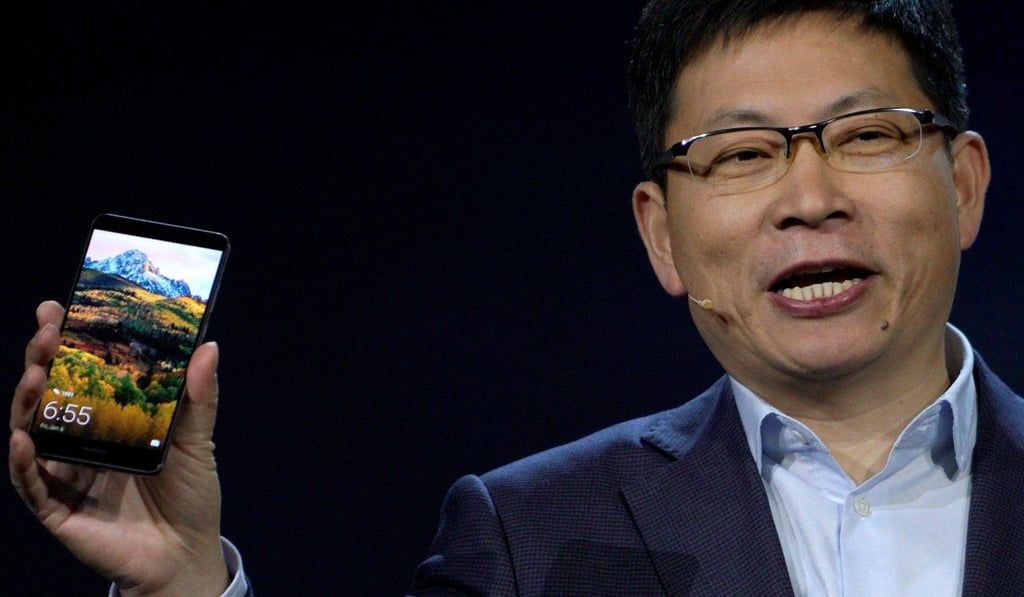Smartphones set to become ‘superphones’, thanks to artificial intelligence
Artificial intelligence is likely to feature big in the next generation of smartphones, and virtual personal assistants will become indispensible

Neither love nor money could get reporters in to the Honor press conference at CES 2017 in Las Vegas January – unless they had preregistered.
Keynote addresses at the world’s biggest consumer electronics show routinely attract a full house, but in the country that gave the world Apple, the international press corps seemed fixated on the touted “epic” capabilities of the Honor Magic, the latest model in the budget smartphone brand by Chinese manufacturer Huawei.
There are almost as many mobile phone subscribers in the world as there are people – 5 billion devices, for a population of 7.5 billion, according to the 2017 global edition of the GSMA’s Mobile Economy report. But the fact that a new launch can elicit so much hype is evidence that we still can’t get enough.
Huawei’s Honor Magic might be the first, but surely by no means the last, artificial intelligence (AI)-enabled smartphone. Forget about passwords or even fingerprint recognition – this phone knows who you are, via infrared sensors that scan your face.
It joins in your conversations: if you’ve message a friend about seeing a movie, the phone will suggest screening times in cinemas nearby, and offer to book your tickets.
When out on the road, the phone will prompt you with a reminder to switch it to driving mode. Or show the licence plate information for the cab you’ve just ordered.
This is not the stuff of science fiction, but a handset already on the market in China. And it’s only the beginning. Huawei has flagged that a “superphone” will supersede the smartphone, thanks to AI, and all the major players are developing this next generation technology as well.
Ahead of the anticipated launch of the iPhone 8, Apple is reportedly working on an AI chip of its own – tentatively called the Apple Neural Engine.
South Korea’s LG and Finland’s Nokia brands have announced their intent to use Google’s voice assistant – which uses AI to answer users’ questions – in their newest handsets.
Samsung is already building immersive technologies, such as virtual reality and AI, into its devices, and from this point comes the inevitable crossover from mobiles to connected homes. A report by Gartner notes that Huawei’s Mate 9 is the first Alexa-enabled phone, offering even handier scope to control smart-home appliances, lighting, security, among others, “and this indicates a new battleground among device vendors”.
We predict that by 2019, 20 per cent of all smartphone interactions will be done via a virtual personal assistant
Gartner research director Roberta Cozza says there is no doubt that investing in, or partnering with, AI enablers will help smartphone vendors to differentiate their products and services.
“We predict that by 2019, 20 per cent of all smartphone interactions will be done via a virtual personal assistant [VPA],” Cozza says. “This means that the way we interact with our most personal devices (smartphones and wearables) will change over the next few years. While we will continue to use these devices, interactions will become more intuitive and also more efficient. VPAs will become more capable, and what is a pretty rudimentary conversation with Alexa and her ilk today will turn into intelligent systems that eventually act on the user’s behalf.”
In the design department, smartphones of the future will also look like nothing we’ve seen before. They could be curved, see-through – or even might not be a hand-held at all. Facebook CEO Mark Zuckerberg has suggested that glasses or contact lenses embedded with augmented reality (AR) technology could replace today’s smartphones, which he describes as “primitive tools” compared to what’s yet to come.
But, why stop there? Why not a smartphone reduced to a chip, embedded inside the body, as some are forecasting?

Back to the here and now, the rumour mill is in overdrive in anticipation of the upcoming iPhone 8. A radical redesign is expected to mark the 10th anniversary of the original Apple flagship, with an edge-to-edge display being the most popular guess. That was the direction Samsung has taken with the Infinity Display on Galaxy S8, but instead of moving the fingerprint sensor to the back, an in-screen scanner might be the better solution. Facial recognition technology and induction-based wireless technology, such as the Apple Smart Connector, only featured on the iPad Pro line, are also mooted as possibilities.

Android manufacturers are reportedly waiting to see what the next iPhone looks like before announcing launches of their own, but Samsung is said to be well into the development of its next flagship, the Galaxy S9.

However, Gartner believes that Chinese companies are a force to be reckoned with in the next generation smartphone market, and it looks like Huawei may have done it again. Richard Yu Chengdong, chief executive of Huawei’s Consumer Business Group, claims that the brand’s updated flagship smartphone, the Mate 10, already outperforms the iPhone 8 in terms of battery life, charging speed, camera capability “as well as much better overall user experience”.